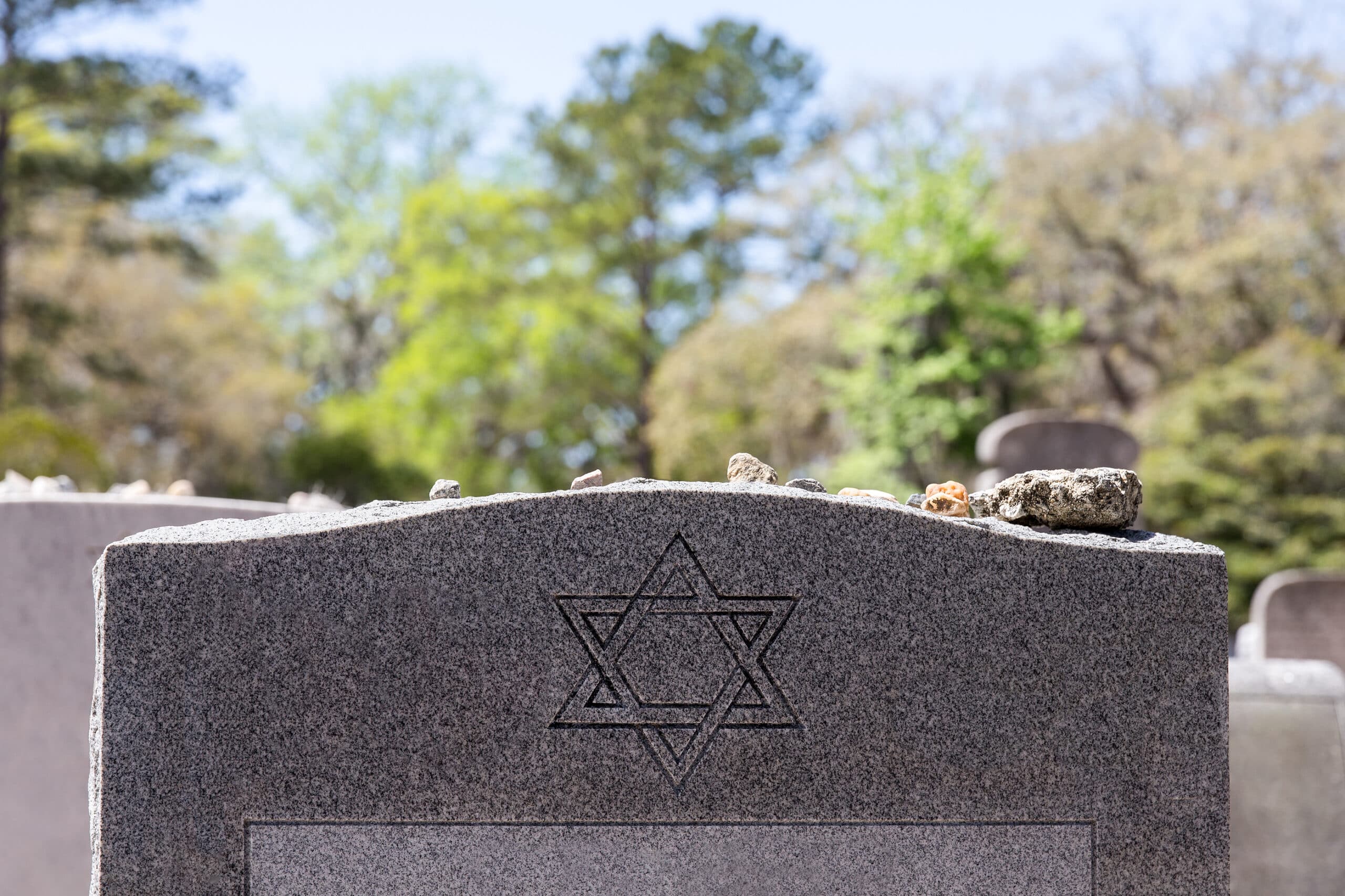When attending a funeral, it is essential to be respectful and sensitive to the customs and traditions of the deceased person’s religion. Each culture has unique funeral practices that reflect their beliefs and values. In this guide, we will explore the funeral etiquette of four different religions: Jewish, Greek, Ukrainian, and Russian. Understanding these customs will help you offer appropriate condolences and support to the bereaved during their time of grief.
Jewish Funerals
Hesped: Eulogy and Speeches
Jewish funerals often include hesped, eulogies, and speeches given by family members and close friends. These speeches offer a chance to remember and honor the life of the deceased. Attendees should pay attention and show respect during these speeches, as they are an essential part of the ceremony, providing comfort to the grieving family and offering insights into the life and character of the departed.
K’riah: Tearing of Clothing
Mourners may participate in k’riah by tearing a garment, typically a black ribbon or piece of clothing, as a symbolic gesture of grief. This act signifies the torn heart of the bereaved and serves as an expression of their sorrow and loss. During this time, proper funeral etiquette would be to refrain from initiating physical contact or offering condolences. This allows the mourners space to observe this solemn custom.
Shiva: Mourning Period
The Shiva is a seven-day mourning period where close family members gather at the deceased person’s home to receive visitors and offer prayers. It is a time of reflection, where mourners share memories and stories of the departed. To support the grieving family during Shiva, consider the following:
- Attend the Shiva to offer your condolences and support.
- Bring food and refreshments to the mourning family.
- Help with household chores and daily tasks.
- Listen to the mourners as they share memories and stories of the deceased.
- Offer prayers and words of comfort to the grieving family.
- Be present and offer a listening ear to those mourning during the seven-day Shiva period.
Acts in Lieu of Flowers
In Jewish tradition, the practice of not bringing flowers to funerals is rooted in religious customs and symbolism. Instead of flowers, mourners often express their condolences through acts of kindness and support for the bereaved family.
The avoidance of flowers at Jewish funerals can be attributed to several factors. Firstly, flowers are associated with the transient nature of life, while Jewish mourning focuses on the eternal connection to the deceased. Additionally, flowers are considered symbols of joy and celebration, which contrasts with the solemnity of mourning.
Ukrainian Funeral Etiquette
Open Casket Tradition
In Ukrainian funerals, it is common to have an open casket, allowing attendees to approach and pay their last respects to the deceased. This tradition provides an opportunity for loved ones to say their final goodbyes and offer prayers for the departed soul. When viewing the deceased, it is crucial to be respectful and somber, understanding the significance of the moment for the grieving family and showing empathy during their time of loss.
Farewell Party
After the burial, a farewell gathering called “Pominki” is held in Ukrainian tradition. During this event, family and friends come together to share food, drinks, and memories of the deceased. The Pominki serves as a way to celebrate the life of the departed and provide comfort to the bereaved through the support of loved ones. As attendees, it is essential to participate with sensitivity and respect for Ukrainian customs, showing solidarity with the mourning family during this emotional time.
Greek Funerals
Wake and Viewing
Greek funerals often begin with a wake, providing an opportunity for family and friends to pay their respects to the deceased and offer condolences to the bereaved. During the wake, visitors are encouraged to bring flowers and say prayers for the departed soul, showing their support and sympathy to the grieving family.
Religious Icons and Symbols
Greek funerals may include religious icons or candles as part of the ceremony, representing the deceased’s faith and spiritual beliefs. Attendees should show reverence to these symbols during the service, acknowledging their significance in honoring the departed and expressing their own respect for the customs and traditions of Greek funerals.
Procession to the Cemetery
Following the funeral service, a procession to the cemetery is a customary part of Greek funerals. Family and friends walk behind the hearse carrying the casket, accompanying the departed to their final resting place. During this solemn procession, visitors should respect the gravity of the moment and follow the lead of the mourners, maintaining a sense of reverence and support as the deceased is laid to rest.
Supporting a Greek Family After/During Funeral:
- Attend the wake to pay respects and offer condolences to the bereaved family.
- Bring flowers and say prayers for the departed soul during the wake.
- Show reverence to religious icons and candles during the funeral service.
- Offer comfort and listen as the family shares memories and stories of the deceased.
- Respect the solemnity of the procession to the cemetery and follow the lead of the mourners.
- Provide practical support, such as helping with household chores or bringing food during the mourning period.
- Express sympathy and offer prayers for the deceased and their family.
Russian Funeral Etiquette
Orthodox Funeral Service
Russian funerals in the Orthodox tradition are characterized by a series of rituals and prayers led by a priest. These ceremonies hold deep religious significance and are conducted with solemnity and reverence. As attendees, it is essential to respect the sanctity of the service and stand quietly, following the cues of the priest. The Orthodox funeral service is a time for prayer and reflection, honoring the departed and seeking comfort in the faith’s teachings about life, death, and resurrection.
Flower and Candle Offerings
In Russian funerals, it is customary to bring flowers and candles to the gravesite as a gesture of respect and remembrance for the deceased. Flowers symbolize the beauty of life and love, while candles represent the eternal light of the soul. As visitors pay their respects, they should observe the family’s lead in making these offerings, demonstrating sensitivity to the grieving family’s wishes. Placing flowers and lighting candles is a tangible way to express condolences and show support for those who mourn their loved one’s passing.
In Conclusion
In times of grief and loss, understanding and respecting different religious funeral customs is crucial. By familiarizing ourselves with the funeral etiquette of Jewish, Greek, Ukrainian, and Russian funerals, we can offer our heartfelt condolences and support to those who are mourning.
Contact Tegeler Monument Company for the Best Religious Headstones in Maryland & Beyond
If you are planning a memorial service or need assistance with customizing and installing religious headstones, grave markers, or monuments, consider working with Tegeler Monument Company. We have generations-worth of experience in accommodating various religious and cultural requirements to create meaningful and respectful memorials for your loved ones. Contact Tegeler Monument Company today to learn more about our services.


Comments are closed